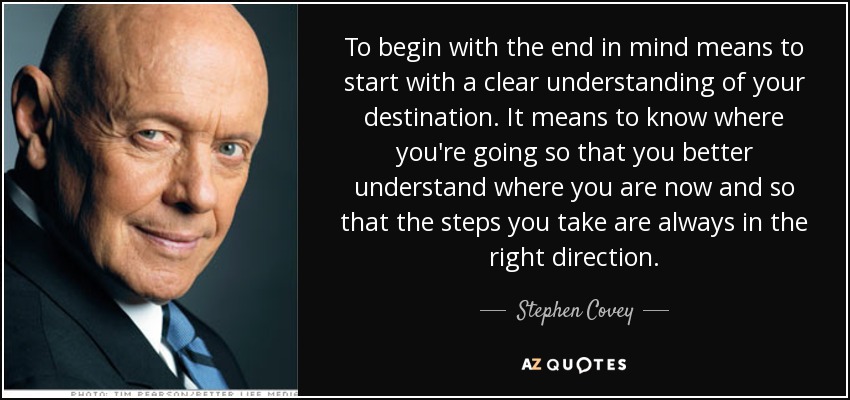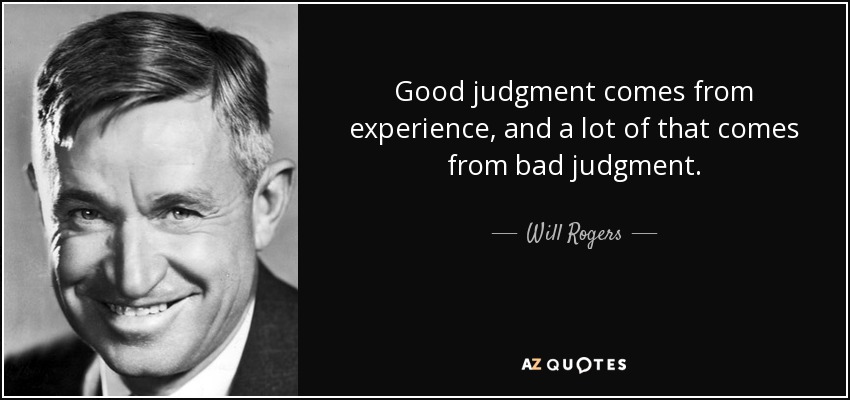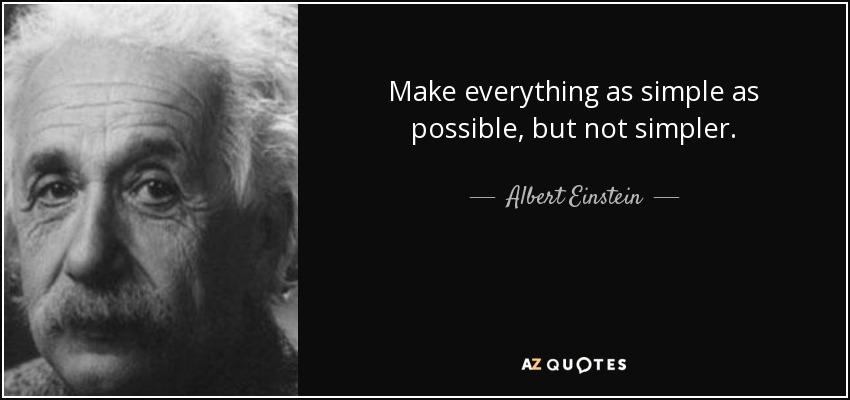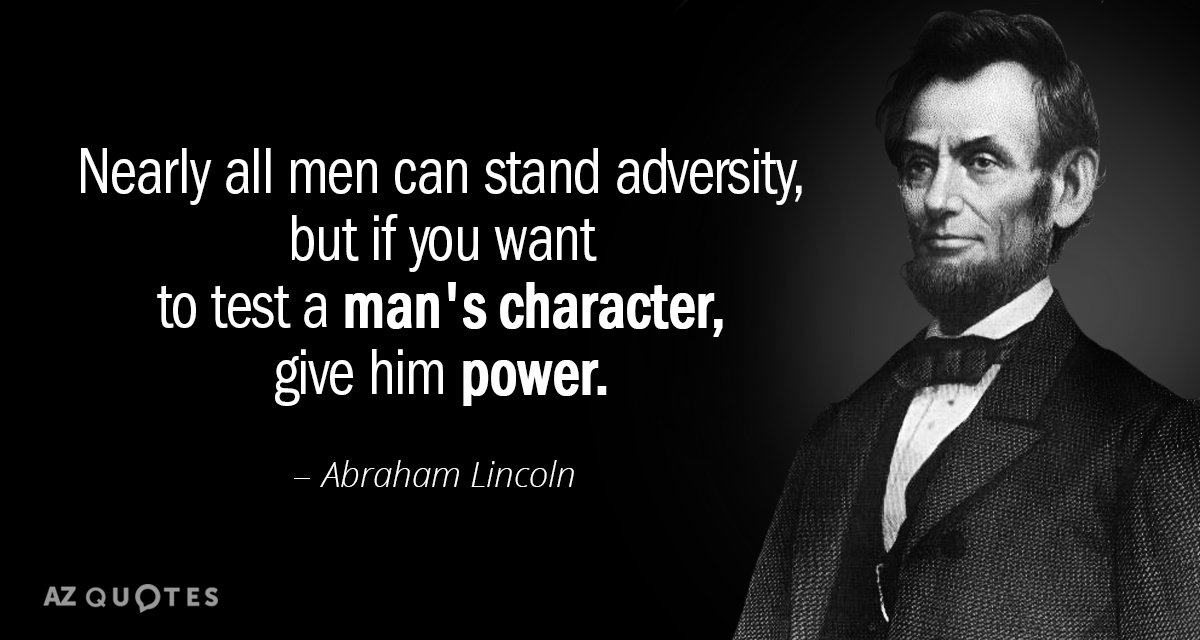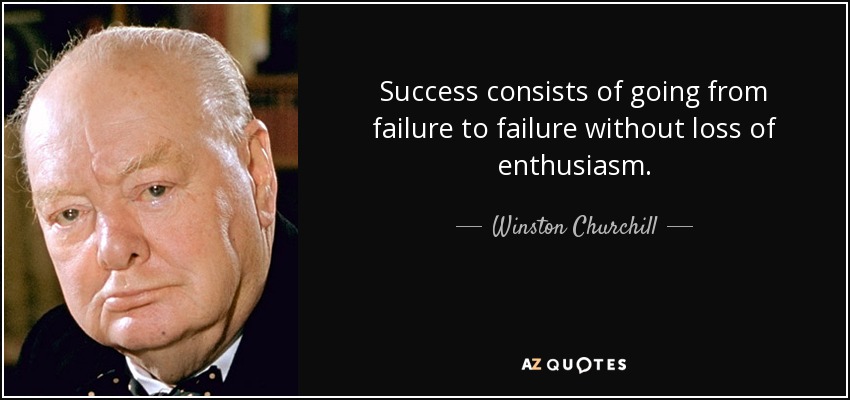Click here to return to Blog Post Intro

Tom Yeakley started his book Growing Kingdom Wisdom: The Essential Qualities of a Mature Christian Leader, encouraging readers to consider their goals and destination.
There are two essentials of great leadership: character (a leader’s personal example that backs up their words) and wisdom (a leader’s quality of decision-making).
Kingdom leaders—those seeking to honor God with their leadership and accomplish His purposes—know that they must give an account of their leadership to the Lord (see Hebrews 13:17).
But good character alone does not ensure good leadership. There are many people with godly character who cannot lead! Competencies, strategies, and tactics must also be developed if one is to lead well.
Trust God to do what He has promised. “If any of you lacks wisdom, let him ask God . . . and it will be given him” (James 1:5). Trust Him who promises, “He who began a good work in you will bring it to completion at the day of Jesus Christ” (Philippians 1:6).
The Foundation of Godly Wisdom
Everyone then who hears these words of mine and does them will be like a wise man who built his house on the rock. And the rain fell, and the floods came, and the winds blew and beat on that house, but it did not fall, because it had been founded on the rock. And everyone who hears these words of mine and does not do them will be like a foolish man who built his house on the sand. And the rain fell, and the floods came, and the winds blew and beat against that house, and it fell, and great was the fall of it. – Jesus in Matthew 7:24-27
Leaders who lack godly wisdom may confuse accumulated knowledge and experience with true wisdom. God’s leaders, however, understand the limitations of their knowledge and understanding. We never “arrive” when it comes to wisdom. We can always grow in wisdom, for we encounter it in God Himself, who is infinite, and therefore the wisdom He offers us is inexhaustible. Kingdom wisdom doesn’t just happen; it must be pursued.
Godly wisdom is applying knowledge and understanding to life situations by considering what is pleasing to God. We can and should, regardless of our age and experience, learn godly wisdom from others. Wise spiritual mentors are invaluable to our development.
The catalyst for turning spiritual knowledge and understanding into spiritual wisdom is the Holy Spirit Himself, who lives within those who know Christ. He guides us to truth, helps us discern root issues, provides creative solutions to problems, and seeks to glorify Christ in and through us. He will bring the help that Kingdom leaders need.
Prudence, knowledge, discretion, counsel, sound judgment, understanding, and power: These are the pillars of wisdom. The first three are the close companions of godly wisdom; they are interlinked and are overlapping. The final four are the competencies that flow out of godly wisdom—manifestations of wisdom in the life of an individual.
Part One: The Companions of Godly Wisdom
I, wisdom, dwell together with prudence; I possess knowledge and discretion. To fear the LORD is to hate evil; I hate pride and arrogance, evil behavior and perverse speech. Counsel and sound judgment are mine; I have understanding and power. By me kings reign and rulers make laws that are just; by me princes govern, and all nobles who rule on earth. – Proverbs 8:12-16
PRUDENCE
Prudence is foresight and far-sightedness. It’s the ability to make immediate decisions on the basis of their longer-range effects. – John Ortberg
Prudence is the avoidance of rash behavior or speech, the good stewardship of available resources, and the showing of tact in relationships. It is also the exercise of good judgment, caution, or circumspection with danger or risk. Prudent leaders foresee the consequences of today’s decisions in the future, both near and long-term.
John Wesley’s foundational verse—the covering for his great Methodist work in England—is still true for today: We must develop prudence to become “wise as serpents and innocent as doves” (Matthew 10:16).
Characteristics of a Prudent Leader
Prudent leaders have several characteristics that greatly influence their leadership. Martin Manser has identified six characteristics of prudence in the Scriptures.
- Foresight and Caution: One characteristic of a prudent leader is their ability to assess risk well.We must discern when we have enough information to make a good, timely decision, given the circumstances. Proverbs 22:3 says, “The prudent sees danger and hides himself, but the simple go on and suffer for it.”
- Discernment: Leaders are continually forced into situations where they must discern root issues and determine the best course of action in challenging and often ambiguous circumstances. Discernment is key to getting to root causes and addressing solutions that bring about lasting—rather than superficial, short-lived—change. In Proverbs 14:15, we see a contrast between the simple and the prudent person: “The simple believes everything, but the prudent gives thought to his steps.” Someone has said, “There are good decisions and fast decisions, but there are no good, fast decisions.”
- Knowledge: One of the privileges of leadership is access to information that is not available to everyone. How a leader uses this information can be wise or foolish.
- Speech: A prudent leader knows when to speak and when to remain silent. Proverbs 12:23 says, “A prudent man conceals knowledge, but the heart of fools proclaims folly.” Proverbs 21:23 reminds us to guard our mouths: “Whoever keeps his mouth and his tongue keeps himself out of trouble.”
- A Disciplined Ego: Prudent leaders are lifelong learners. They know that God uses others, particularly mentors and supervisors, to help them become all that the Lord intends.
- Management of Talents and Resources: Sometimes a leader’s most prudent course of action still seems outlandish and risky. Prudent leaders manage their resources well. Kingdom leaders are stewards of God’s resources—which include God’s people. The author of Hebrews, in fact, makes Christian leaders’ responsibility to God the basis of their authority: “Obey your leaders and submit to them, for they are keeping watch over your souls, as those who will have to give an account” (Hebrews 13:17). Wise leaders want to grow the Lord’s Kingdom, being prudent as to how and where to invest His capital (people, money, time, materials) for the greatest return.
KNOWLEDGE
Knowledge is the accumulation of facts and information that you gather over time. It is the basic component from which understanding and wisdom are built.
The priority of Scripture is more pronounced when we’ve been a bit overwhelmed by the volume and scope (and gravity) of information we’re required to process. This is where a growing, general familiarity with the Word of God so helps us. Leaders who lack godly knowledge prioritize seeking data, gaining experience, or searching for precedent over pursuing God.
Having vast experience does not ensure great knowledge, understanding, and wisdom. It could simply mean the same experience has been repeated multiple times. Leaders who lack godly knowledge often do not demonstrate teachability born of humility. They are not lifelong learners in the truest sense.
Concentrate your learning in areas of life and vocation that you live in regularly and that align with your God-given design.
Proverbs 1:7 states, “The fear of the LORD is the beginning of knowledge.” This fear is not terror or something that drives us away from the Lord. Rather, it is respect—a healthy awe and recognition that God is our Creator, the one with no beginning and no end, Alpha and Omega, King of kings and Lord of lords.
The knowledge that leads to godly wisdom is rooted in knowing God through His Word. It is knowing Him personally—intimately. The knowledge that leads to discernment and ultimately to wisdom is based in knowing God’s personality and character.
Another aspect of godly knowledge that leads to godly wisdom emerges from knowing the ways of God. God’s ways are found in looking at His patterns of dealing with mankind and are often summarized in Jesus’ teaching—especially in the parables.
Kingdom growth begins small and over time becomes large (parable of the mustard seed—Matthew 13:31-32); therefore, do not despise small beginnings. God uses what the world does not value so that mankind cannot take credit for the results (1 Corinthians 1:26-31).
God’s timing is perfect from His eternal perspective, but from man’s perspective, His actions often appear to be late (e.g., God waited until Abraham and Sarah’s bodies were “as good as dead” before giving them a son—Hebrews 11:11-12).
Learning God’s ways is gained through spending time alone with Him. Moses spent countless hours and days alone with God, speaking with Him as one friend speaks to another.
The Bible promises much to those who meditate on the Word of God. One of the greatest benefits promised to those who do so is gaining godly wisdom.
Wise leaders fear God and pursue a growing intimacy with God through His Word. They lead from their growing knowledge of God, His character and ways, and the truth they discover in His Word.
DISCRETION
The better part of valour is discretion. – William Shakespeare
Discretion describes perceptiveness and cautiousness in speech and action—careful consideration of the circumstances and possible consequences of one’s actions and influence. Discretion involves emotional intelligence—the ability to monitor how our interaction is impacting all involved on an emotional level.
Paul demonstrated discretion when he told a Roman centurion that he was a Roman citizen and therefore could not be flogged without prior proof of guilt (Acts 22:22-29).
Discretion can be demonstrated by speaking, but it can also be demonstrated by remaining silent. When we do speak, we use discernment, carefully pursuing our desired impact on those around us by our choice of words.
Leaders who lack discretion can offend or upset those around them, often without even realizing it. They may use inappropriate terminology, tell offensive stories, or display mannerisms that turn off their audience rather than draw them in. Leaders who lack discretion are more focused on themselves than on those around them. They are more concerned about being heard than about hearing from others. They want to talk rather than listen.
Solomon reminds us: “Even a fool, when he keeps silent, is considered wise” (Proverbs 17:28)
And Abraham Lincoln said, “Better to remain silent and be thought a fool than to speak out and remove all doubt.” Being discreet means knowing when to speak and when to remain silent.
There is a clear distinction between discretion and duplicity. Duplicity is speaking falsehoods—lying. It is saying one thing and then doing another. Discretion is always speaking the truth but knowing how much to share according to the context. Discretion thinks before sharing, anticipating possible consequences and then determining what to share or not share at the time.
Part Two: The Competencies of Godly Wisdom
COUNSEL
We turn our attention to the four competencies of wisdom in the life of a leader: counsel, sound judgment, understanding, and power.
By counsel we mean advice, human or divine. Giving counsel to leaders was a respected function, and leaders sought wise counsel before making major decisions.
Unwise leaders make decisions for others instead of letting them make decisions themselves. Unwise leaders who lack godly counsel love to tell others what to do instead of letting them own their decisions. This satisfies their own need for feeling important, controlling others, or gratifying an overinflated ego.
Leaders who lack wisdom will fail to seek the counsel of others. They will take counsel from themselves only, perhaps not discerning that circumstances are different now than in previous situations they’ve experienced. When given sound counsel from others, they ignore it, trusting their own logic and understanding instead.
For Kingdom leaders, being a servant is an identity, not an activity. Philippians 2:6-7 reminds us that “though he was in the form of God,” Jesus “did not count equality with God a thing to be grasped, but emptied himself, by taking the form of a servant.” Kingdom servant leaders sometimes express their servanthood by leading others. Other times, they express this identity by following another’s leadership. The identity does not change; only the expression of service changes.
Giving wise counsel is an art to develop. It involves listening well, asking questions for insight and discernment, trusting God for solutions to difficult problems, and walking by faith after reaching decisions.
Proverbs 18:13 reminds us, “If one gives an answer before he hears, it is his folly and shame.” It is wise to make sure you understand the situation you are being asked to address before answering.
Experienced, mature leaders sometimes adopt an attitude of “been there, done that,” and this attitude hinders their ability or even their desire to seek and receive advice from others. As King Solomon wrote, “Better was a poor and wise youth than an old and foolish king who no longer knew how to take advice” (Ecclesiastes 4:13). Wisdom, guidance, and success are found in having an abundance of counselors (Proverbs 11:14). Proverbs 15:22 says, “Plans fail for lack of counsel, but with many advisers they succeed.”
SOUND JUDGMENT
Sound judgment is closely linked to discernment—the ability to see strategically, discover root issues, and determine cause-and-effect relationships. Note that Solomon prayed for a discerning heart.
Leaders who fail to exercise sound judgment aim to please people instead of God. They will compromise their convictions or shrink back from taking a stand for fear of falling out of favor or facing strong opposition.
Recall Peter Senge’s proverb, “Today’s problems are yesterday’s solutions.” This insight finds its root in decision-makers who lack sound judgment.
Leaders are seldom satisfied with the status quo; rather, they want to bring change. Ungodly, unwise leaders seek change from selfish motives. (It was a desire for change that inspired Lucifer to lead the cosmic rebellion.) Godly, wise leaders want change that advances God’s Kingdom and aligns with His purposes.
Leaders with sound judgment take their counsel from God’s Word, seeking to align their lives and leadership around its commands, principles, and promises. They willingly submit themselves to the authority of the Bible and courageously obey it, willing to appear foolish in the eyes of the world to please Christ. Paul reminds us: “God chose the foolish things of the world to shame the wise; God chose the weak things of the world to shame the strong” (1 Corinthians 1:27)
Wise leaders with sound judgment are humble, for they realize that any success that comes from their leadership is due to God’s grace and empowerment, not their own ability.
Sound judgment allows leaders to determine the path to the best return on investment in the strategic deployment of limited resources. Jesus demonstrated this when He chose to concentrate on the development of twelve disciples instead of a broad teaching and healing ministry.
Sound judgment means wading through emotions and the cacophony of different voices to know God’s way forward. Wise Kingdom leaders learn to listen to the voice of the Spirit within them as they sort through various options.
Leaders are problem-solvers. Sound judgment allows leaders to make the complex simple and help make the difficult easy.
Sound judgment allows Kingdom leaders to bring clarity from confusion and maintain focus on the mission without getting distracted by multiple opportunities. The Spirit of God can bring illumination to truth and creativity to problem-solving as we lead.
UNDERSTANDING
Understanding is the ability to see the relationships between a series of facts. As such, it is closely related to knowledge. Understanding in the Kingdom sense has to do with the “God-given perception of the nature and meaning of things . . . the ability to discern spiritual truth and to apply it to human disposition and conduct.” It is the ability to know how to use the knowledge one possesses.
Understanding that leads to godly wisdom sees interconnectedness and repeating patterns, sequences, or progressions with predictable outcomes.
Leaders who lack understanding tend to repeat their mistakes. They never seem to find the time to stop and reflect on their previous experience, asking God to teach them what they need to learn from it.
One of God’s ways is that He begins with something small and grows it incrementally bigger. We see this illustrated in the parable of the mustard seed (Matthew 13:31-32) and the parable of the yeast (Matthew 13:33). Understanding leaders know that lasting impact and influence is built over time.
Another of God’s ways is to act locally but see globally—being aware of the larger context of our actions. The entire world, all the nations (peoples) of the world, are within God’s scope and plan; therefore, our local actions must align with His bigger purposes.
Understanding leaders focus on the internal, not the just the external, for they know that it is from the heart of a man that both good things and bad things come (Mark 7:20-23).
LeRoy Eims, former foundational leader of The Navigators, often said, “There are two ways to miss the will of God—sin and glorious opportunities.”
Wise, understanding leaders aim for long-term impact, not short-term wins. Understanding leaders seek to lead from the Scriptures and into the Scriptures, for they know that it is God’s Word that is used to change people from the inside out.
Jesus is the perfect example of an understanding leader. “Jesus…was able to communicate to people completely on terms which were understandable to them.” For all His willingness to violate cultural norms, Jesus was also culturally accommodating at times.
Understanding leaders pursue increasing depth in the Scriptures and discernment of the cultural norms of their day. They seek wisdom in applying the Scriptures to their leadership context, comparing and contrasting what is culturally accepted with the truth of God’s Word.
A guiding principle would seem to be this: We should strive to make Jesus and the Bible the only basis of our ministry and the only stumbling block if the message is to be rejected.
An understanding leader will seek to populate a leadership team with people of complementary gifting and strengths. The mantra “Operate in your strengths and staff to your weaknesses” is a truism worth remembering. Much of Kingdom leadership is learning to work well with others.
POWER
By power we mean the ability to act, to produce an effect. Power involves having authority over others and possessing qualities that allow individuals to achieve their aims. Within godly leaders, this power is often seen as an inner strength—personal courage to trust God to accomplish what that leader has determined as their divine purpose. Wise leaders seek to use both positional and personal authority to serve and bless others.
Unwise leaders don’t share credit—or worse yet, they take credit for someone else’s accomplishments. They don’t share the spotlight with others, and because of their own insecurities, they would not think of championing another. They think, if I promote this person, they are so talented that they may one day take my job.
With positional leadership comes a certain amount of authority to set direction, distribute resources, and solve missional challenges. It is a privilege and a sobering responsibility to have positional authority.
There is a second type of authority and power that has far greater ability to influence people—personal authority. For Kingdom leaders, personal authority is built as trust grows between the leader and those being led.
Wise leaders know that they exercise power and that this power can build up or tear down. It can be used for blessing or damaging others. Wise leaders know that their words carry influence in others’ lives.
Leaders are always setting an example for others. It is not whether you are modeling but whether you are a good or a bad example for those who are watching. You will be watched and imitated—for better or for worse. Indonesians have a proverb that says, “The coconut doesn’t fall far from the tree.” In other words, you will reproduce after your own kind.
The lifestyle that you choose as a leader will speak loudly about your values, and it will be imitated.
Remember the words of Jesus as He selected the Twelve: “He appointed twelve (whom he also named apostles) so that they might be with him and he might send them out to preach” (Mark 3:14). These emerging leaders were with Jesus as He modeled what He wanted them to become before sending them out to accomplish their mission. Don’t neglect to sponsor younger leaders in experiences where exposure to you and others will bless and develop them for future contributions.
Wise leaders seek to promote others instead of themselves. As Alexander the Great noted, “I am not afraid of an army of lions led by a sheep; I am afraid of an army of sheep led by a lion.”
Conclusion: The Characteristics of Godly Wisdom

Matthew 11:19 says, “Wisdom is justified by her deeds.” Wisdom can frequently be seen in retrospect: “Wisdom is proved right by all her children” (Luke 7:35).
The book of James exhorts us to ask God for wisdom if we sense we are lacking it (James 1:5), but it also gives us insight into wisdom’s characteristics in our lives.
Seven characteristics of wisdom are found in James 3:17: Godly wisdom is pure, peace-loving, considerate, submissive, full of mercy and good fruit, impartial, and sincere:
- Pure: By pure we mean clean, uncontaminated, undefiled, not polluted, and holy. The Word of God serves as the unchanging standard and rule for life and leadership and the wise willingly submit to its authority.
- Peace-loving: Wise leaders build harmony—not divisions, factions, or a party spirit—as they lead.
- Considerate: It is kind and gentle with others. It is not harsh or mean-spirited. Paul reminds the Philippians to “Do nothing from selfish ambition or conceit, but in humility count others more significant than yourselves. Let each of you look not only to his own interests, but also to the interests of others” (Philippians 2:3-4).
- Submissive: This wisdom submits itself first to God as Lord in all areas of life and leadership.
- Full of mercy and good fruit: This wisdom has compassion on the downcast, the hurting, and the marginalized and seeks to help them in their distress.
- Impartial: Those with godly wisdom do not show favoritism to anyone, regardless of ethnicity, age, gender, or socioeconomic class. Wisdom manifests itself in one who is fair and just. This impartiality is consistently demonstrated in all contexts of life and leadership.
- Sincere: This kind of wisdom is not duplicitous in word or deed. Consistent integrity of words and deeds are demonstrated in every situation. This person walks the talk. Authenticity is the quality of this life.
By reflecting on these seven characteristics of godly wisdom in the life of an individual, we can know if we are making progress in our pursuit. While we may never totally arrive, we can note progress in our life and in the life of someone we are mentoring. These qualities are mile markers enabling us to see increments of change as we seek to grow in wisdom and help others do the same.
May you grow Kingdom Wisdom, as you shoot for the stars!




